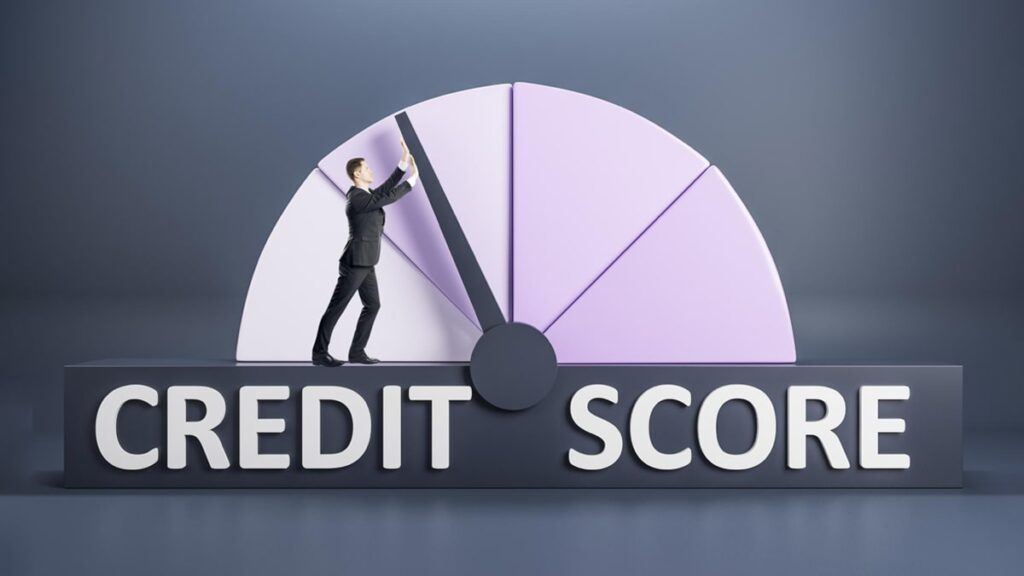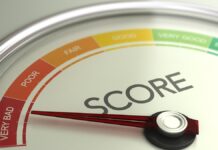A good Credit score is an essential element that opens the door to favorable loan terms, credit cards with attractive perks, and even rental agreements.
This makes it important for you to have a good credit score which keeps your finances good however, the flip side of the coin is that a bad credit score is a downward spiral which could be fatal for your growth financially.
Your credit score is essentially a reflection of your financial health, based on factors such as your payment history, credit utilization, length of credit history, types of credit accounts, and new credit inquiries.
Lenders rely on this score to assess the risk associated with lending your money. A bad credit score signals to lenders that you may be a risky borrower, making them hesitant to extend credit or offer favorable terms.
You could get a loan with a bad credit score however, a low credit score may result in higher interest rates, larger down payments, or outright rejection of your loan application.
In this article, we will discuss what is a bad credit score, the Factors impacting your credit score, how to improve your credit score, and much more.

Table of Contents
What is a Bad Credit Score?
A credit score is a numerical representation of an individual’s creditworthiness, crucial for accessing financial products like loans and credit cards.
Various credit score bureaus assess your financial standing and provide you with a score out of which CIBIL Score is widely used, ranging from 300 to 900.
The higher the scores are the better your ability to acquire good loan terms. It considers factors such as payment history, credit utilization, and length of credit history.
Lenders rely on the CIBIL Score to assess loan applicants, with higher scores increasing approval chances and offering favorable terms.
Factors impacting your credit score
The following are the factors that impact your Credit score-
- One of the most impactful factors when it comes to credit score is your payment punctuality i.e., you’ll have to pay your bills on time. Timely repayment of loans and credit card bills positively impacts your score, while missed or late payments can lower it
- Your credit card comes with an amount that you can use called a credit limit. The proportion of this limit used will determine your credit utilization ratio and the lower this ratio is the better will be your credit score
- A diverse credit mix of various types of credit like Car loans, home loans, and credit cards helps you in improving your score
- Your credit duration is also important for accessing your credit score A longer credit history demonstrates stability and responsible credit management
- Applying for multiple loans or credit cards within a short period can lower your score, whenever, you apply for any credit, there will be hard inquiries that may affect your credit score
- The number of active credit accounts you have can influence your score. Having multiple accounts within a short period may raise concerns about your ability to manage credit responsibly
How to Improve a Bad Credit Score?
Improving your credit score is a gradual process that requires consistent effort and responsible financial habits.
The primary way to improve a bad credit score is to pay your bills on time, in case there is a past repayment pending, you should immediately get it paid to ensure you do not owe anything to any bank.
Your credit score can also be low if you have too much debt, work on reducing your debt levels as it can boost your credit score. Aim to keep your credit card balances low and pay off any outstanding debts as quickly as possible.
Avoid opening too many new credit accounts at once, as this can indicate financial instability to lenders. Instead, focus on using your existing credit responsibly and only apply for new credit when necessary along with diversifying your credit mix.
Improving this thing would immediately boost your credit score and eventually, your credit score will start to go up.
FAQ
A bad credit score is typically considered to be below 600 CIBIL Score is considered low and this may lead to a loan getting rejected.
A bad credit score can significantly hinder your ability to qualify for loans, credit cards, or favorable interest rates. Lenders may view you as a higher-risk borrower and may either deny your application or offer you less favorable terms.
It may be more challenging to get approved for a credit card with a bad credit score, but some issuers offer secured credit cards or cards designed for individuals with less-than-perfect credit.
Negative information like late payments, collections, bankruptcies, foreclosures, and tax liens typically stays on credit reports for up to seven to ten years. However, its impact may diminish over time with positive financial behavior.
Yes, you have the right to dispute any inaccuracies on your credit report with the credit bureaus. By submitting a dispute, you can request that any errors be corrected, which may positively impact your credit score.
I’m Shiv Kumar, a graduate with a passion for finance, marketing, and technology. My journey into finance started with a desire to understand money management and investing.
Our main goal is to empower individuals through financial education. We believe that everyone should have the opportunity to build a strong financial foundation. Whether you’re a seasoned investor or just getting started, we provide articles, guides, and resources to help you navigate the financial landscape.
I invite you to join our community of financially savvy individuals. Feel free to ask questions, engage with our content, and explore the topics that matter to you. Together, let’s take control of our financial futures.




